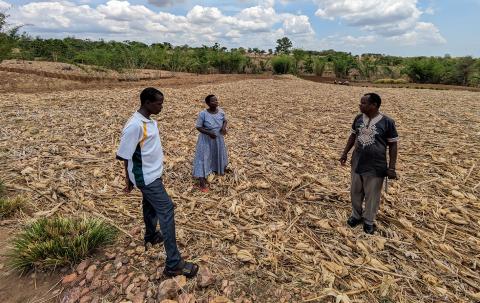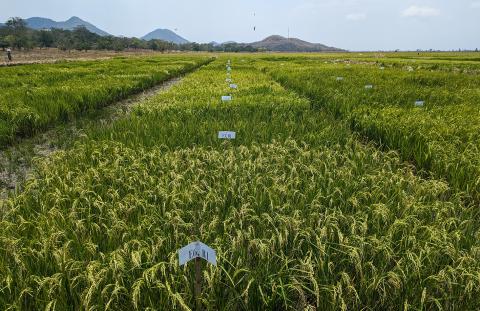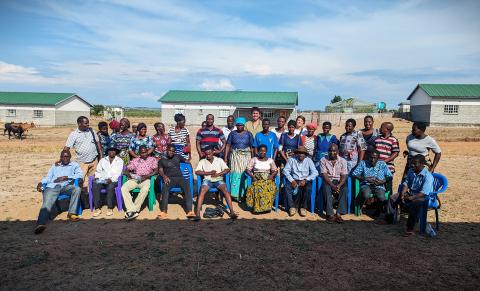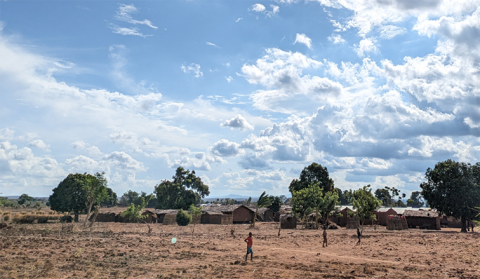Sustainable agriculture in Malawi: the contribution of the Plant Science Research Centre for better adaptation to climate change through the Smart-Climate project
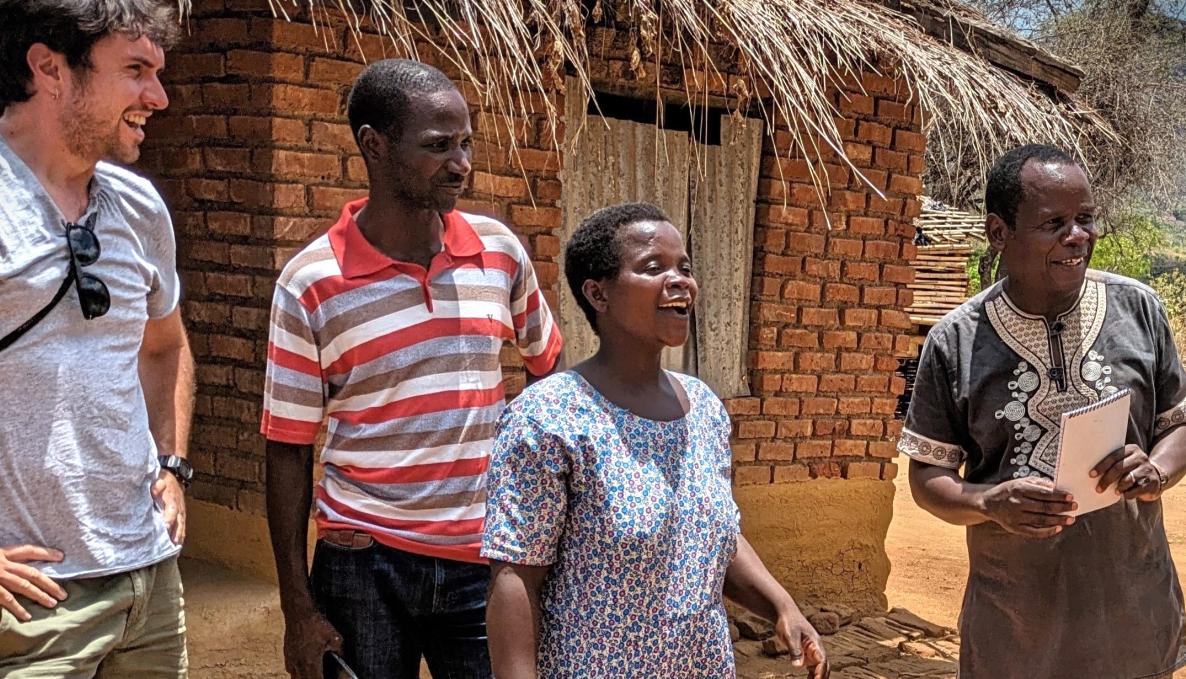
Malawi is experiencing some of the worst impacts of climate change. Extreme weather events in recent years are putting a strain on the local agricultural system. In 2023, Cyclone Freddy brought torrential rains that caused flooding and landslides in 14 of its 28 districts, destroying more than 120,000 hectares of farmland.
This is the context for the collaboration between Sant'Anna School and the International Committee for the Development of Peoples (CISP) with the aim of helping to improve the resilience of farming communities in the central and northern regions of Malawi.
As part of the 'Smart-Climate' project, which has received funding from the Italian Agency for Development Cooperation (AICS) of over 2.5 million euro, coordinated by CISP and carried out with Save the Children, CBM Italia Onlus and TriMweb, the Scuola Sant'Anna will work to strengthen food self-sufficiency through strategies, agricultural practices and resilient behaviour to climate change in the Nkhotakota District (Central Region of Malawi).
The research team of the Center of Plant Sciences will support the enhancement of local rice types with adaptive characteristics, contributing to the food security of farmers in the region.
Matteo Dell'Acqua, scientific head of the Project for the Sant'Anna School, and Coordinator of the Plant Science Research Centre, says: "Responding to the challenges of climate change in Africa requires a synthesis of different knowledge and different institutions, from universities to research centres and non-governmental organisations. Our research uses transdisciplinary approaches ranging from DNA sequencing, to agronomy, to social sciences". He adds: "Starting with a selection of local rice varieties, we will carry out community-based participatory research. We will combine farmers' traditional knowledge with genomic and climatic data about the rice and the local growing area, so as to boost the self-production capacity of the best varieties identified".
Malawi is a densely populated and landlocked country in south-east Africa. It is home to 19 million people, most of whom live in rural communities. Agriculture employs 80% of the population, and many of the local families rely on subsistence farming by growing the food they need to meet their needs. In the context of the climate crisis, it is becoming increasingly difficult to ensure a sufficient harvest to provide adequate nutrition. The participatory development of new adaptation technologies, including more resilient and hardy rice varieties, can contribute to the food security of large numbers of people.

